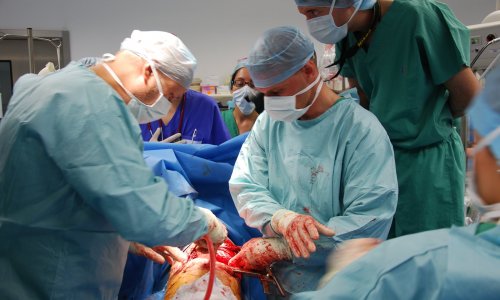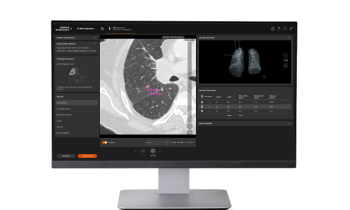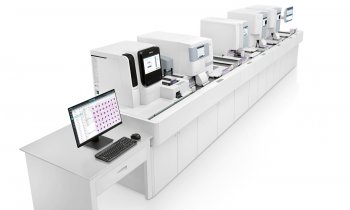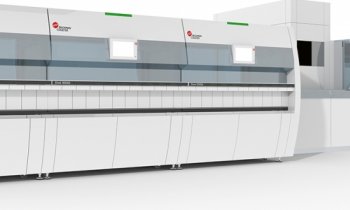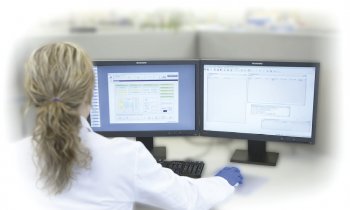Surgery means more than operating
A trauma leader and team for every patient

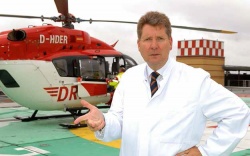
Surgery today requires not only skilled surgeons but also a trauma leader to set up the team and manage the intervention. Thus surgery is more than operating was an apt title for a joint conference of several working groups of the German Society for Surgery (DGCH) and the German Society for Clinical Process Management (DGKP), held in Berlin. EH correspondent Susanne Werner interviewed Professor Axel Ekkernkamp MD, one of the two Conference Presidents, about the complexity of peri-operative management in trauma medicine, initially asking him to explain the conference motto.
‘Professor Hartwig Bauer, longtime Secretary General of the DGCH, coined this phrase,’ he explained. ‘It makes it clear that surgery is a complex issue. Today in surgery the entire peri-operative process has to be planned, managed, adapted and controlled in order to be able to help the patient efficiently. ‘The number of disciplines involved depends entirely on the individual patient’s situation. In Berlin, the emergency hospital where I work admits about 55,000 patients per year. There are patients with myocardial infarctions or stroke as well as accident victims. We treat about 250 severely injured people per year. For those patients, we have core teams comprised of the surgeon, anaesthetist, radiologist, specialist nurses and paramedics. Depending on the kind of accidents, other specialists are needed. When there is a serious motorbike accident we might call in a facial surgeon or an ophthalmologist, sometimes we need a urologist or, for female patients, a gynaecologist.
How do you manage such a large team? Do you train for such emergencies? ‘Yes, we do that among other things. At our hospital it’s the core task of the Centre for Emergency Training to prepare the staff for these cases. The colleagues use dummies to go though emergency procedures. Our guidelines for an emergency are called “shock room algorithm”. They map all processes and these are displayed either as posters or on the flat screen. ‘The German Society for Trauma Surgery offers two-day seminars in Advanced Trauma Life Support for surgeons to become so-called trauma leaders. The participants learn to assess the status of the trauma patient quickly and precisely, to determine which treatments are to be initiated first and whether their own facility is equipped for this particular patient or whether the patient has to be transferred.
The trauma leaders are in charge of peri-operative management. This means it may well be that the intern who is a certified trauma leader is the boss, rather than the university medical professor who happens to be on the team. An important tool to ensure trauma surgery quality lies in the trauma networks initiated by the German Society for Trauma Surgery. ‘These networks allow close cooperation between the different care stations and provide clearly defined workflows. In a first step, the currently 1,000 participating hospitals are certified, taking stock of which competencies and care services they can contribute to the network and where there are gaps. In a second step, the hospitals negotiate cooperation agreements and define efficient procedure in quality circles and they try to anticipate the obstacles that might turn up and how they can be overcome.’ Checklists, hygiene, technical equipment – from your point of view what are the most important instruments to improve trauma care? ‘All these instruments have helped to improve the quality.
Documentation, however, is the core component of process quality. You have to know how long the individual process steps take, to be able to compare and to optimise them. For example, a modern hospital should be able to complete diagnostics of an accident victim within 20 minutes. This is an indicative timeframe that helps you to assess the processes in your hospital. ‘Germany has a top-notch trauma care system. In no other country in Europe does the emergency physician come to the patient. An ambulance car with specially trained physician on board ensures that medical care is available within eight minutes.’‘So, our care system in Germany is highly developed and closely knit. Now we have to make sure that we can continue to finance it and maintain its quality. There is always room for improvement, be it in medical, technical or organisational terms. We have to continue to work on the system.’
PROFILE
In 1997 Professor Axel Ekkernkamp became Medical Director and later Managing Director (from 1999) of Unfallkrankenhaus Berlin (ukb), and is a specialist in general and trauma and reconstructive surgery and orthopaedics. Following his medical and dentistry studies in Münster, Germany and Berne, Switzerland, he became a visiting physician in Vienna, a German Army physician in Cambodia, worked at Harborview Medical Centre in Seattle, USA, and became a professor at the University of Thai Binh in Vietnam. From 1984 to 1997 he was at the Surgery Clinic and Polyclinic at Berufsgenossenschaftliche Kliniken Bergmannsheil in Bochum, Germany, where he received his habilitation. He has been Professor and Chair for trauma surgery at Ernst Moritz Arndt University Greifswald, Germany, since 1999. Active in several professional associations the professor has received many awards and citations, e.g. the Order of Merit First Class of the Federal Republic of Germany.
02.11.2012



